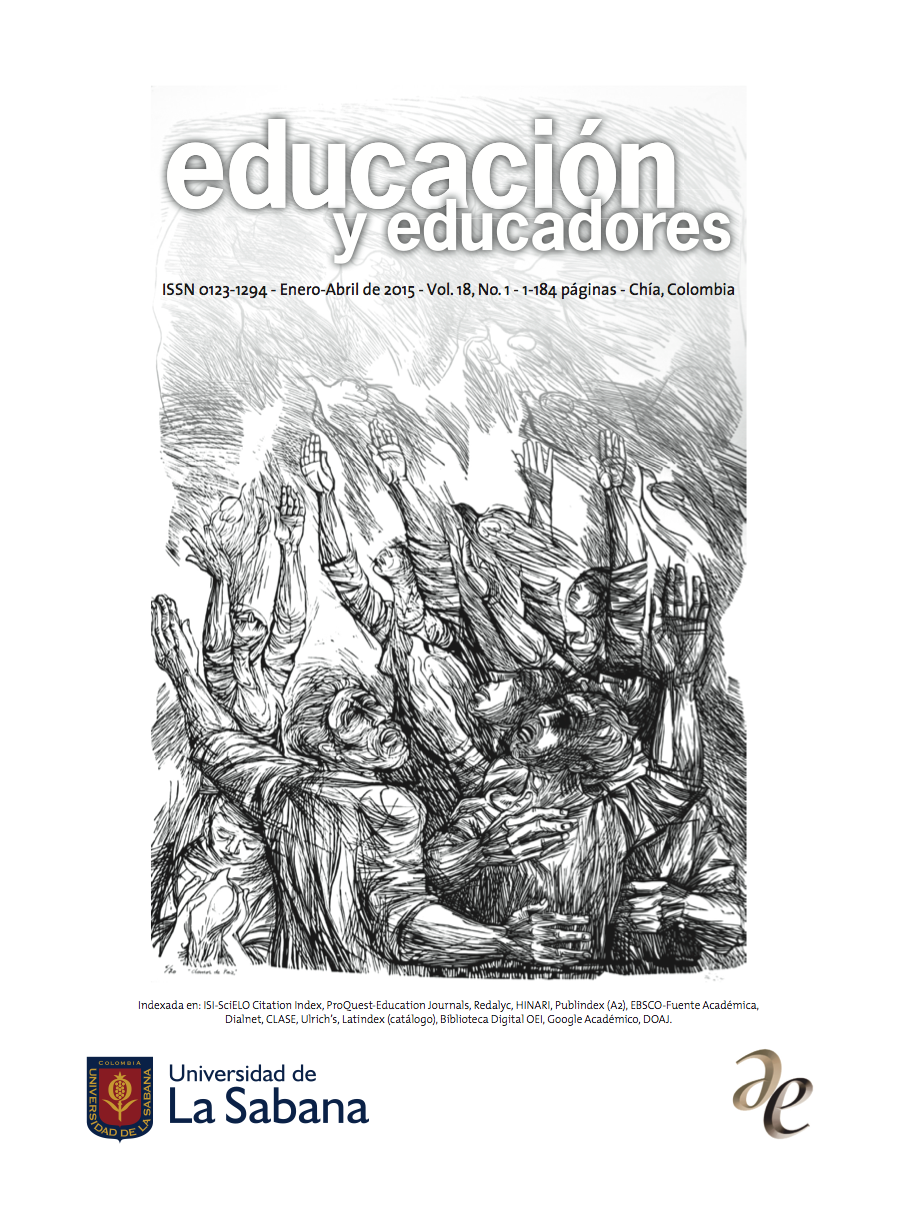Education Inclusion Policies: A Comparison between Colombia and Chile
Keywords:
Educational policy, school integration, comparative education, Colombia, Chile (Source, UNESCO Thesaurus).Abstract
The shift in paradigm from integration to inclusion in the debate over educational opportunities for all has emerged in the enactment of laws in Colombia and Chile that promote educational inclusion. This has come about in the context of educational reforms initiated in the eighties and nineties that propelled the decentralization and financing of demand, and are characterized by a neoliberal tendency.
The aim of this article is to describe and compare the framework of inclusive policies, the structure and the funding of education for children with special educational needs in Colombia and Chile, based on a literature review of the institutional system, legislation and financing.
These countries share common elements with respect to their reforms and the orientation of their policies on education. However, as is argued in this article, there are major differences in the way they approach policy and practice to meet special education needs.
Downloads
Published
How to Cite
Issue
Section
License
1. Proposed Policy for Journals That Offer Open Access
Authors who publish with this journal agree to the following terms:
-
This journal and its papers are published with the Creative Commons License CC BY 4.0 DEED Atribución 4.0 Internacional. You are free to share copy and redistribute the material in any medium or format if you: give appropriate credit, provide a link to the license, and indicate if changes were made; don’t use our material for commercial purposes; don’t remix, transform, or build upon the material.






